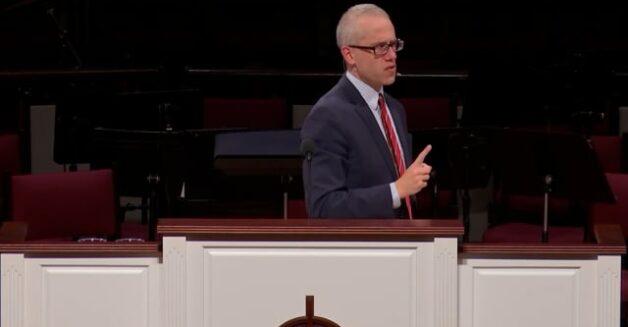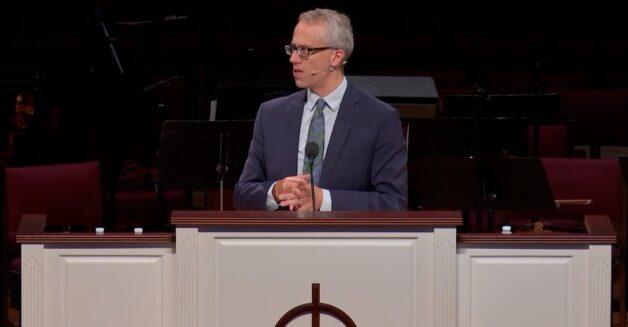The New Testament calls for the elders of the church to be sober-minded and self-controlled (1 Tim. 3:2). The elder must not be arrogant or quick-tempered (Titus 1:7). He must be gentle and dignified, not violent or quarrelsome (1 Tim. 3:3-4). In my experience this means that a good elder or good pastor has learned to be a calming presence in volatile situations. Of course, this doesn’t mean the pastor says “peace, peace” where there is no peace. Nothing in the Bible equates godliness with avoiding controversy at all costs. But on the other hand, there is no biblical evidence to suggest that maximizing disagreements and escalating tensions are marks of Christian maturity.
Quite the contrary.
God is not looking for more hot-headed, pugnacious gunslingers who specialize in shooting first and asking questions later. If God wanted us to fly off the handle all the time he would have given us wings. Scripture doesn’t ask pastors to kick butt and take names, but it does require the Lord’s servant to be kind to everyone and able to teach with patience and gentleness (2 Tim. 2:24-25).
I love courageous elders and fearless pastors. Heaven knows we need more of each. But bravery without brains is no good. Strength without sensitivity hurts the wrong people. I find that some leaders are non-stop relational intensifiers. Whether it’s because of their own emotions, their quick jumping to conclusions, their over-eagerness to size people up, or their penchant for making everything three sizes too big, some elders and pastors minister like kindling. Drop them into a conflict and the fire burns hotter. They experience thorny situations in exaggerated ways and then convey those experiences with the ever-present air of hyperbole. Choppy waters get choppier. Deep holes get deeper. Explosive problems go nuclear.
These elders and pastors usually don’t last long. They get run out, beat up, or burnt out. If they last, everyone around them feels tired, hurt, and eager to quit. We need church leaders ready to do hard things and wade into the toughest situations. But when they do, they should help serious conflict get calmer instead of making minor conflict get crazier.



